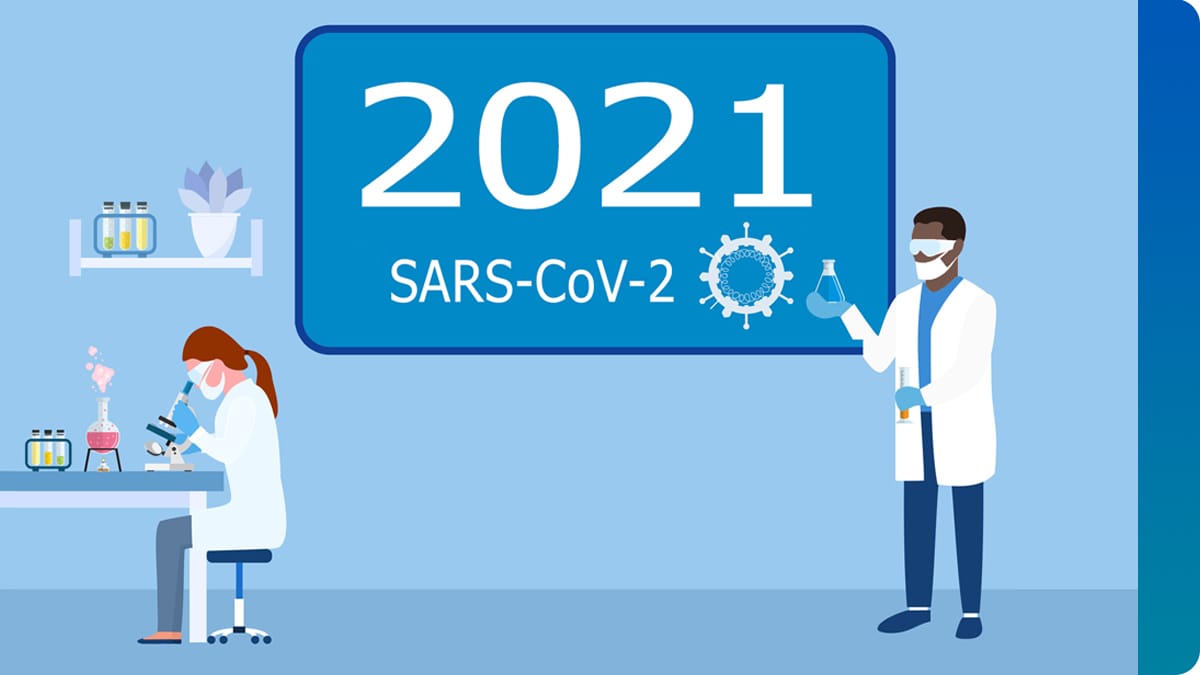What to know
Researchers at University of Texas Medical Branch at Galveston sequenced and monitored SARS-CoV-2 variants. Awarded in 2021, this project provided genomic surveillance of variant samples collected in clinics. Scientists focused on positive samples of vaccinated or previously infected individuals. Samples with persistent positive and severe or unusual cases were analyzed for better understanding of the causes. A database assisted in tracking and provided a tool to share large datasets.

Findings on SARS-CoV-2 surveillance and investigations
This project conducted sequencing for SARS-CoV-2 strains involved in an outbreak at a summer camp.1
New and improved sequencing software tools
This project:
- Developed Tiled-ClickSeq technology to allow identification of a full range of SARS-CoV-2 genetic variants in a sample, including those with deletions and rearrangements. 2
- Updated ViReMa sequencing software to detect a variety of different types of viral recombination events using Illumina platform sequencing data and provide output reports for the types of recombinant variants detected. 3
- Developed ViReMaShiny, a web-based application that allowed interactive exploration and point-and-click visualization of ViReMa viral recombination data.4
- Investigation of a SARS-CoV-2 outbreak in a Texas summer camp resulting from a single introduction, medRxiv 2022.
- Tiled-ClickSeq for targeted sequencing of complete coronavirus genomes with simultaneous capture of RNA recombination and minority variants, eLife, 2022.
- ViReMa: A Virus Recombination Mapper of Next-Generation Sequencing data characterizes diverse recombinant viral nucleic acids, bioRxiv, 2022.
- ViReMaShiny: an interactive application for analysis of viral recombination data, Bioinformatics, 2022.
